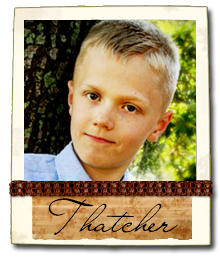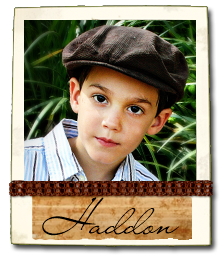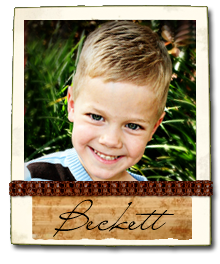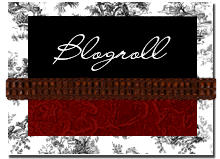
I am using the
Explode the Code series with my third child. Thatcher completed the entire series in the middle of second grade. Haddon is currently working in Book 2 1/2, and Beckett just started
Get Set for the Code. I have some thoughts on this series after now working with these books for the past five years.
First, If you are not familiar with this series here is a quick overview. It begins with three primers: Get Ready for the Code, Get Set for the Code and Go for the Code. These books introduce the sounds letters make, letter formation and initial consonants in words. The main series has 14 books - eight main books and six "1/2" books. Each "1/2" books provides additional practice for the book before (meaning 2 1/2 reviews the concepts learned in Book 2). These books systematically teach phonetic skills and provide plenty of review as well.
.jpg)
Here is how I have used these books. I began the primers with my boys as soon as each turned four. All of them already knew their letters and sounds when we started (thank you
Leap Frog videos!), so we used them to build confidence and learn how to write each letter. Plus my boys found all the activities fun! Once my kids complete the primers they start in Book 1 and I have them do 4-5 pages daily with the goal being to complete two lessons each week (no phonics on Friday). As soon as they finish ETC Book 1, I have them begin reading a book or two a day from either the
Primary Phonics Storybook Sets (not the workbooks),
Bob Books and
Nora Gaydos sets. I don't worry about matching the book they are reading to me exactly with the lesson they are learning in ETC. I typically just jump back and forth between all three sets (especially in the beginning when they needs lots and lots of practice getting used to sounding out words).
When there are so many other ways to teach reading, why do I like ETC? I can count it as phonics, reading, handwriting and spelling (a real multi-tasker!) It is easy to implement and inexpensive. Most importantly, it works!
.jpg)
Now here are some of my thoughts on this series (not necessarily in order of importance):
1. ETC is not independent work. Honestly, I don't think much is at very young ages when they are learning new material (independent, self-checking games/activities that reinforce already learned material are another story). The stakes are too high. If they learn something wrong in these first few years it is so difficult to relearn it correctly. And Littles can get frustrated so easily. I know that it is easy to send them off to do their phonics (usually so we can work with older siblings) but I really don't recommend it. What is one of the main things you learn how to do in your life? READ!!! The ability to read well affects every other subject in school. Take the time to sit with them. Talk about it. Identify areas where they need extra practice and encourage, encourage, encourage!!!
2. If your dc has weak motor skills and initially can't do all the writing (or even if they just need a bit more practice) offer it in a fun way. I have a jelly roll pan in the schoolroom filled with salt so Beckett can get additional practice by "writing" each letter with his fingers in the salt. We also put shaving cream on the wall in the bathtub to practice our writing, and outside I give him a paintbrush and a cup of water to practice writing/painting letters on the fence (and NO mess ;).
.jpg)
3. Have your dc read every.single.word.on.every.single.page. Refer back to #1 and down to #6 as well. You need to be there with your child as they work through these books so you can correct them the second they make an error. And reading the same words over and over in different activities is one of the strengths of ETC. This is huge! On the left is a photo of one page of ETC in Book 2 1/2. The directions say, "X the same word". It would be simple to have them glance at the words and find the one that matches the first without reading a word on the page. Or you can have them stop and read each word - 28 total. Which will reap greater benefit?
4. Use nickels, jelly beans, screen time or any other means to keep them excited! I keep a bag of organic dye-free jelly beans in the schoolroom for Beckett and dark chocolate chips for Haddon. They get one candy for each page completed. My kids don't get much candy so five jelly beans or chocolate chips are a big deal for them, and it is a great trade off in my mind to keep them motivated. If candy is not a motivator for your kids, just find a reward that will be: each page earns five minutes of educational computer time, or a lego from a set they want, or a nickel...
5. They will pick up on cues from you. If you communicate boredom with the books, even if only non-verbally, they will pick up on it. Make it fun. When it gets challenging, don't say, "Oh this is so hard!" Say, "Wow, they really made it fun for you today. You get to use your brain a lot! Neat!!!" Or if you see them getting frustrated or tiring out say, "Let's get two jelly beans for finishing this page!"
6. You don't have to do all the "1/2" books but I think the repetition is one the strongest aspects of this program. I have my boys do all eight main books and all six of the "1/2" books. I just do. ;) I don't overkill many subjects but strong phonics/decoding skills (typically) lead to strong reading skills and strong spelling skills as well. Taking more time here really will gain you great benefits in future years I have found.
7. You don't need to start a formal spelling program until your dc finish the entire series. If you just must have a spelling program create your own list using the rule(s) they are learning in ETC that week. Have them do a fun activity each day with the words on the list you generated.
There are so many ways to teach children to read: Phonics Pathways, The Ordinary Parent's Guide to Teaching Reading, Teach Your Child to Read in 100 Easy Lessons, The Phonics Road and on and on and on. They are all good. They all have their merits. For us ETC has been a solid part of our school and has started my boys with an excellent foundation for reading and spelling.


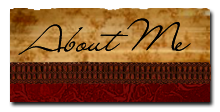

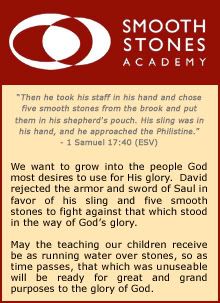

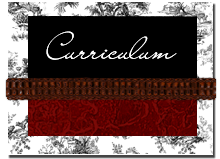

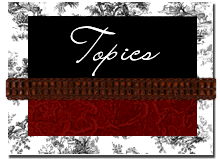



.jpg)
.jpg)
.jpg)




